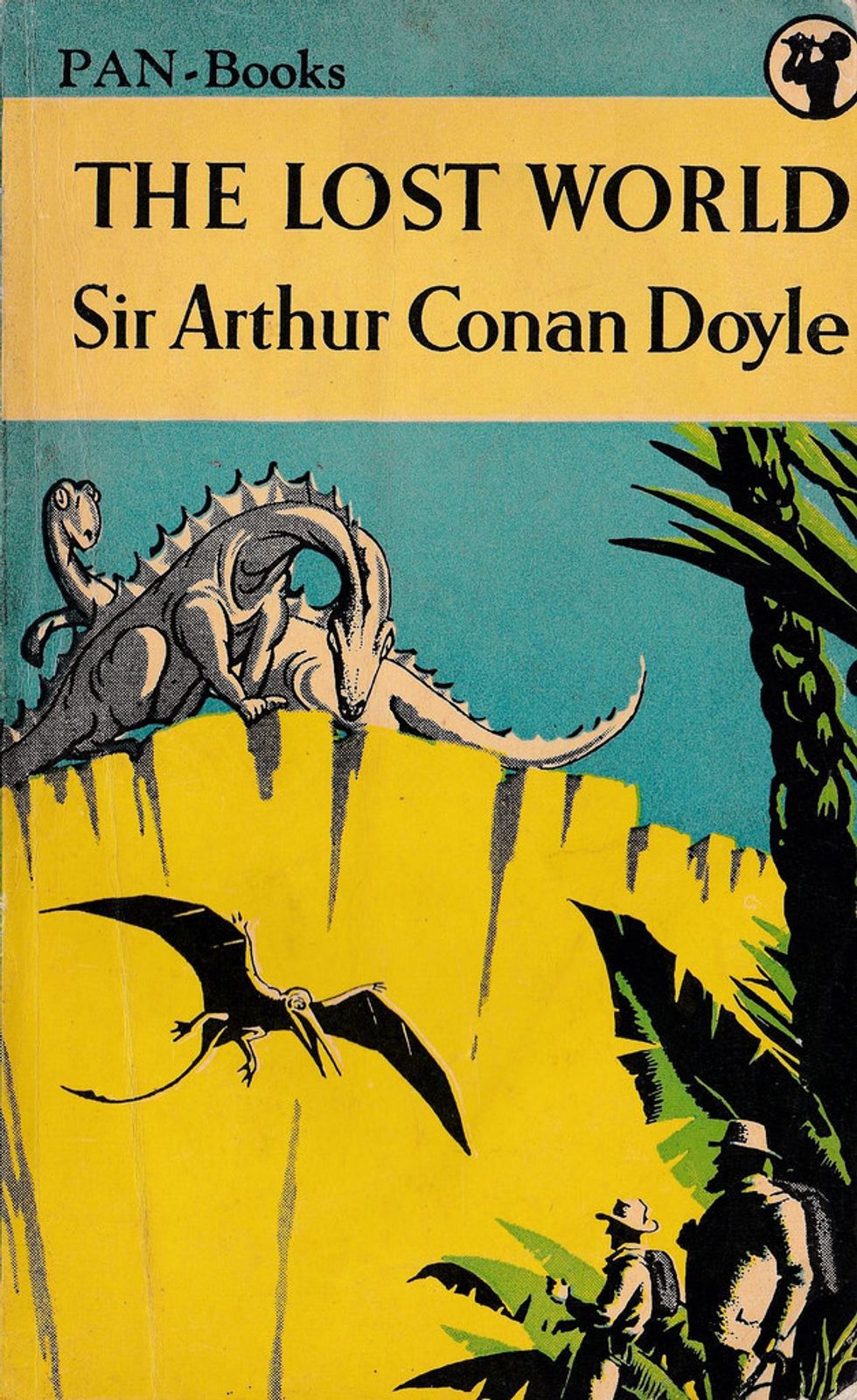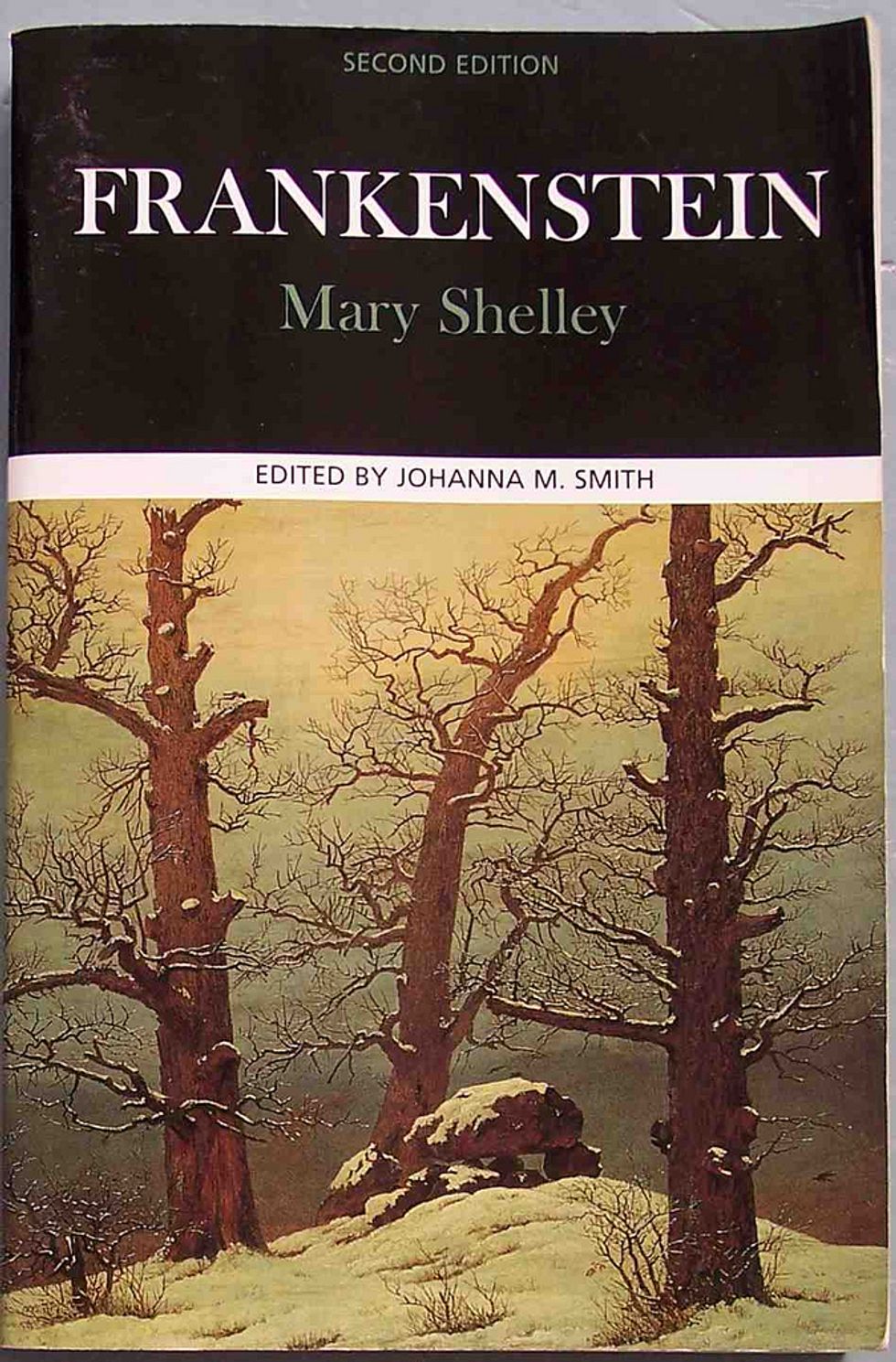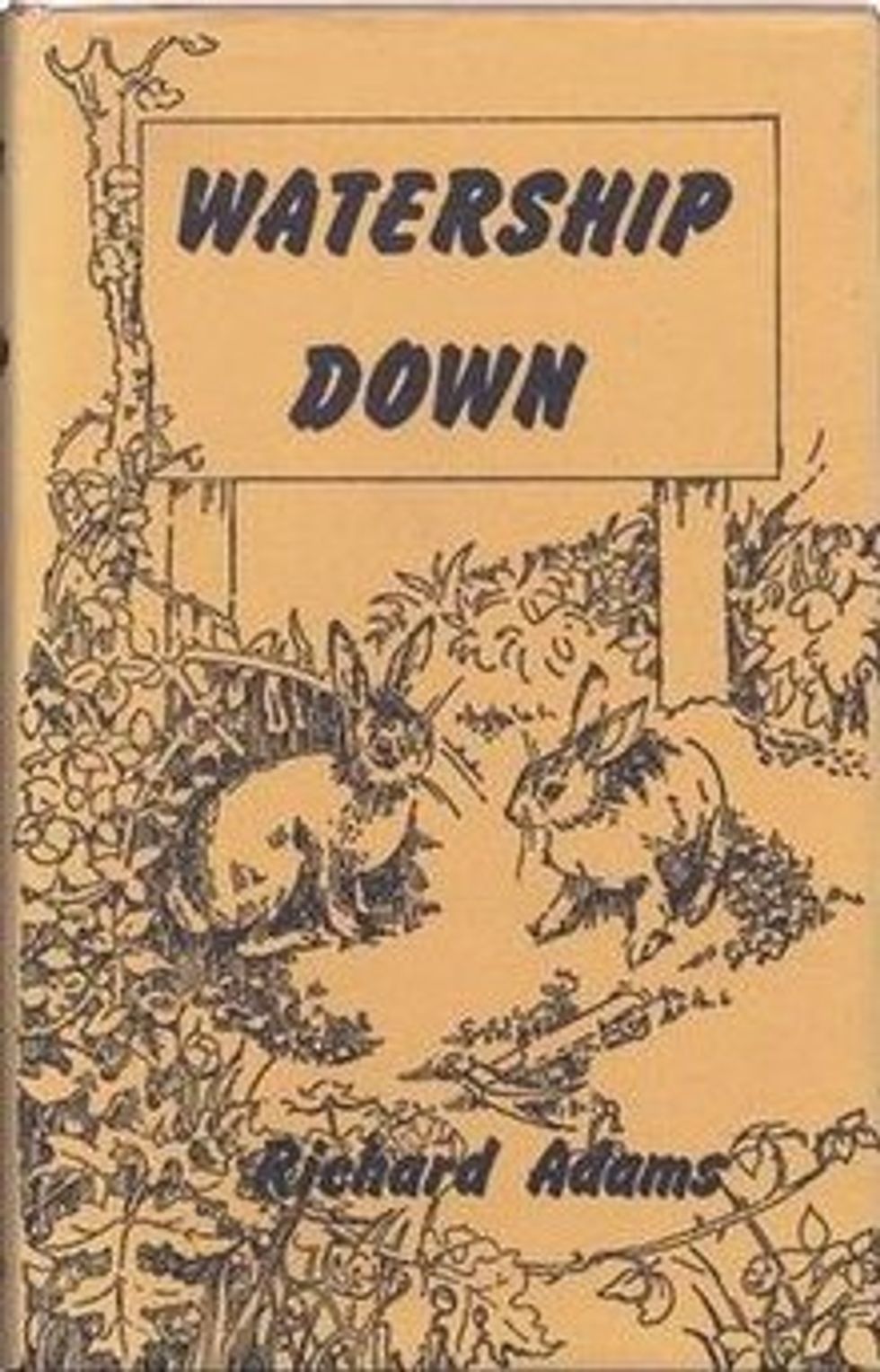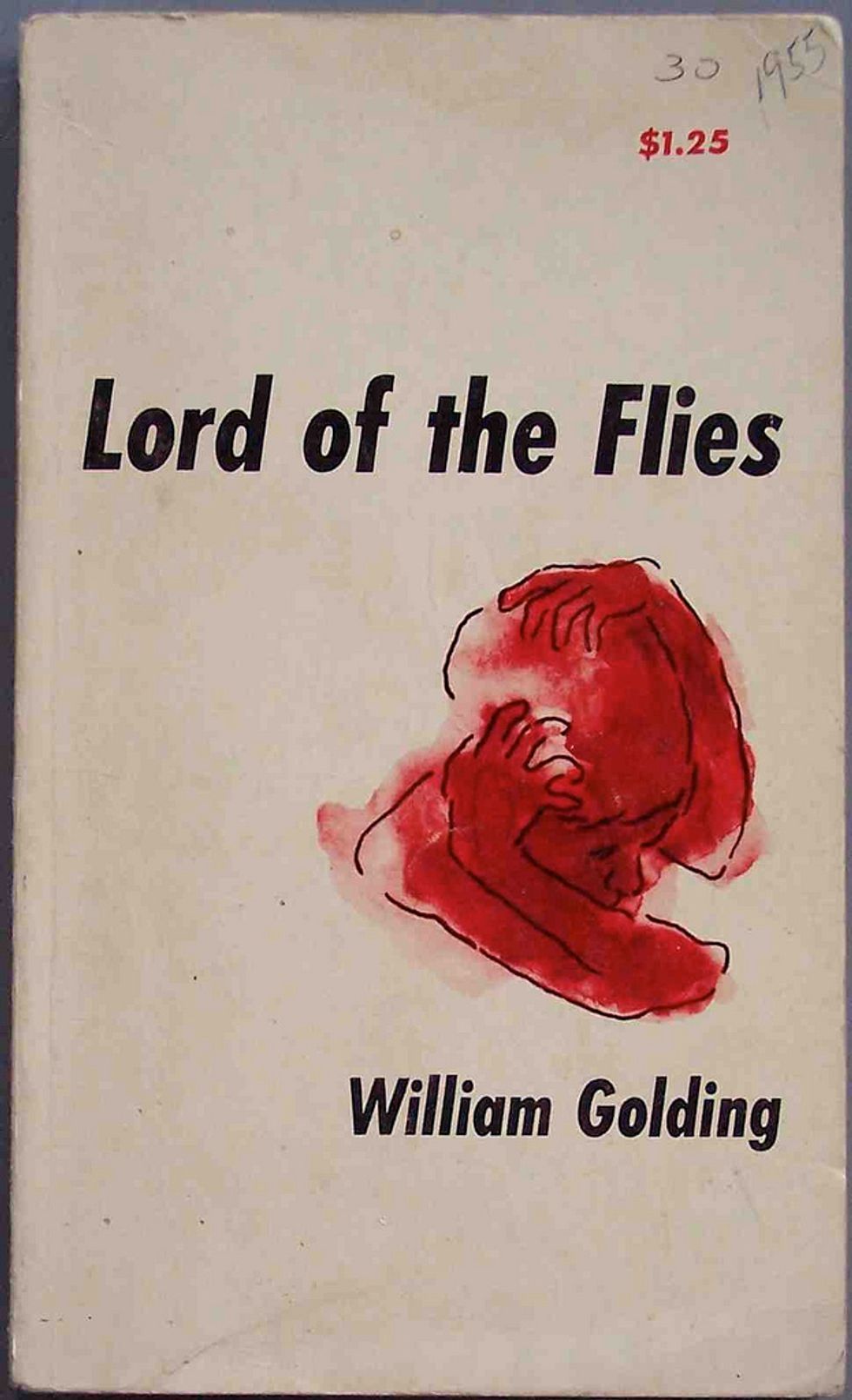I know reading is probably the last thing you want to do right now, but summer is still a time for learning. Que painful flashback to middle school when the teacher forced you to read "Things Fall Apart" before school started. The beauty of this list is that none of these awesome books are required reading.
1. "The Lost World" by Sir Arthur Conan Doyle
In my opinion, this is the greatest work of Sir Arthur Conan Doyle. It beats out his "Sherlock Holmes" series by a long run! Right from the first page, Doyle sets up the story with mystery and adventure. The main character is a journalist who sets off on an expedition to prove to his love that he is a man of bravery. He is tasked with verifying the account of Professor Challenger who claims to have discovered new species beyond imagination in the heart of the Amazon. The diction, despite being written in the early 1900s, flows well and is easily understood. "The Lost World" is my favorite classic and undoubtedly worth your time to read. Besides, Michael Crichton, author of "Jurassic Park" was inspired by it, so think of it as research for the upcoming movie "Jurassic World: Fallen Kingdom." If this book could be explained in modern terms I would say it would be most like Peter Parker and his friends exploring the wilds of Pandora from "Avatar" for the first time. Oh, and there's dinosaurs, too.
2. "Frankenstein" by Mary Shelley
You may think you know the plot of this book, but think again. Frankenstein isn't the name of the monster, but the name of the doctor. Shelley writes modernly, considering her work was published in 1817. At its core, it is a Gothic horror story, but it also focuses on deeper issues such as identity and the weight of having a name or a family. The main character, Victor Frankenstein, is obsessed with perfecting his method of galvanization while away at college. He creates the infamous monster and his life spirals out of control from there. If this book could be explained in modern terms I would say it would be most like "Eagle Eye" and "iRobot" because both try to control and create powers beyond human comprehension.
3. "Watership Down" by Richard Adams
This is also fiction, but follows the format of an epic-novel hybrid. Adams chooses rabbits as the main characters, which is a bit unconventional, but very interesting to read. His diction is unique and elevated so it took me a while to get used to it, but once I did, I was completely invested in the story. His work sheds light on the impact humans have on the environment while still managing to immerse the reader with his excellent world building. The main character, Hazel, is forced out of the warren due to human construction. He and his brother meet friend and foe along the way to the Promised Land of Watership Down. If this book could be explained in modern terms I would say it would be most like Odysseus reincarnated as a rabbit dodging natural and man-made threats.
4. "Lord of the Flies" by William Golding
Lord of the Flies is a great read if you haven't read it before. A group of boys fleeing WWI are stranded on an island after their plane crashes. They attempt to survive and explore the island, but the real danger is the gradual degrading of their idea of civility. Golding writes well and keeps the tension high throughout each chapter. It is an engrossing read, but it still packs on the shock value despite being written in 1954. If this book could be explained in modern terms I would say it would be most like "Swiss Family Robinson," if the cast were all teenage boys, meets Lost with the slipping sanity of "Castaway."
Grab a bookmark, head to the beach, and read a classic!







 Photo by
Photo by  Photo by
Photo by  Photo by
Photo by 



















